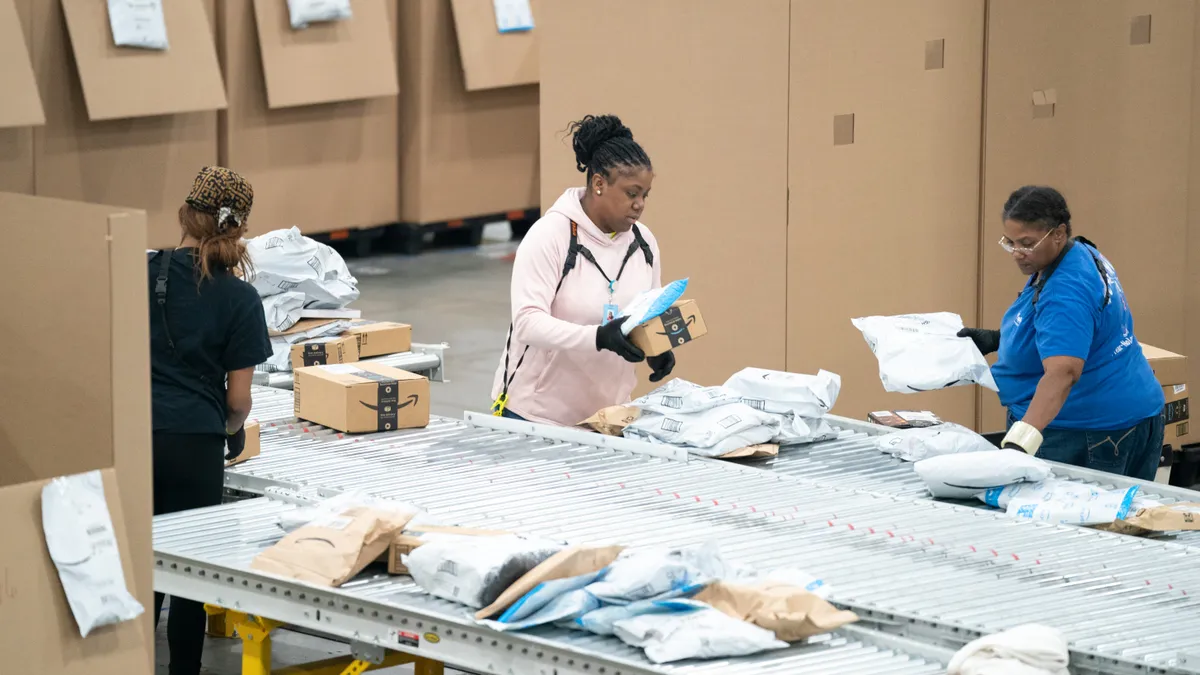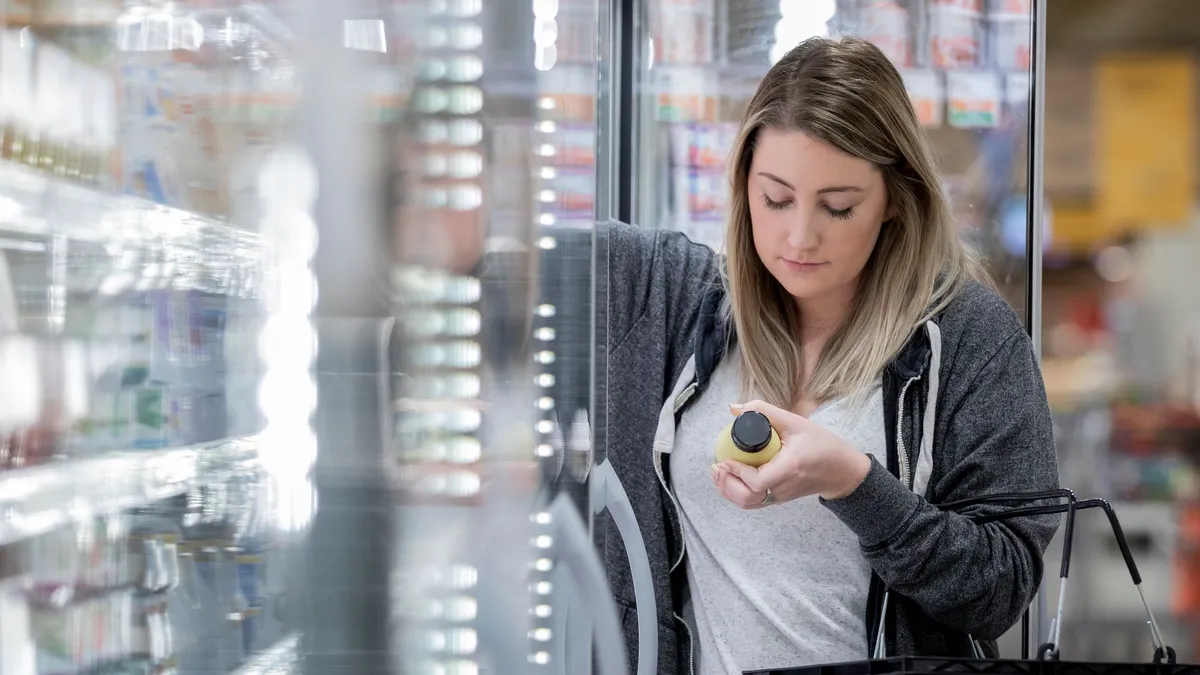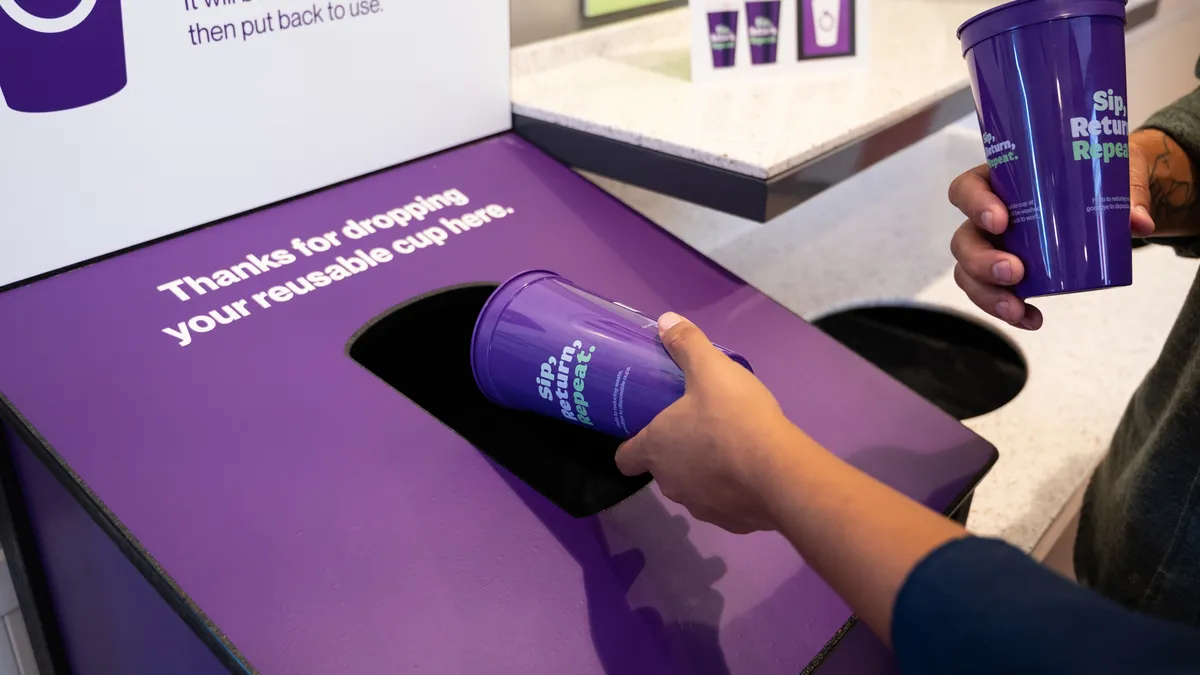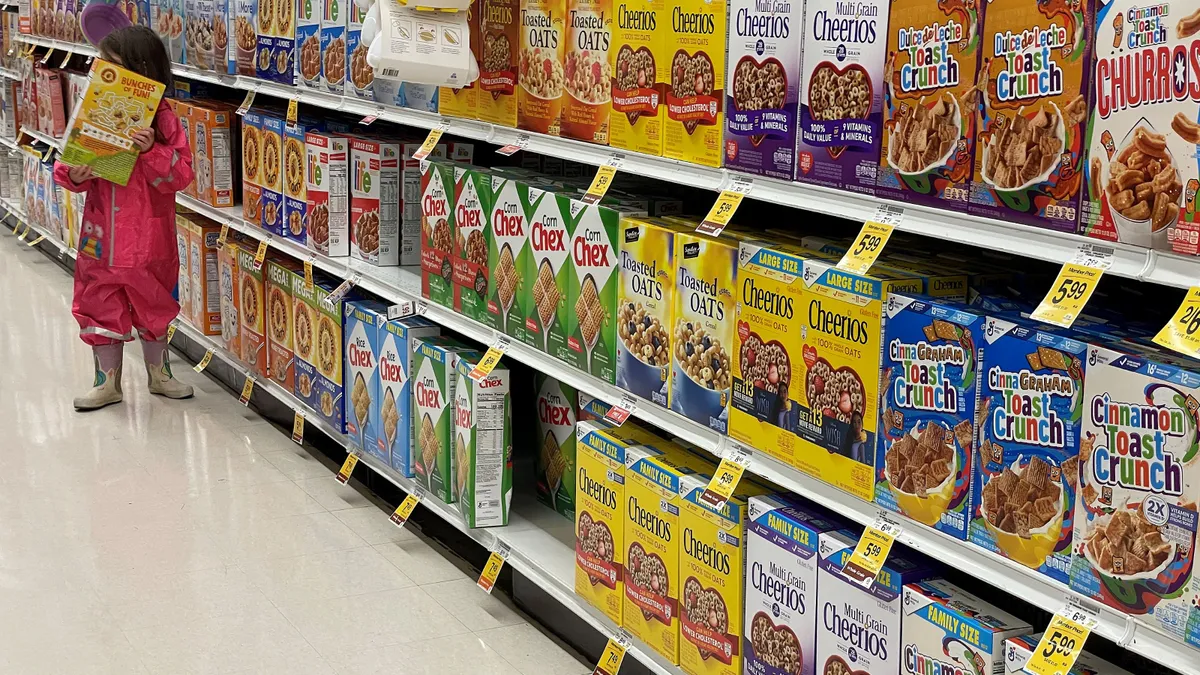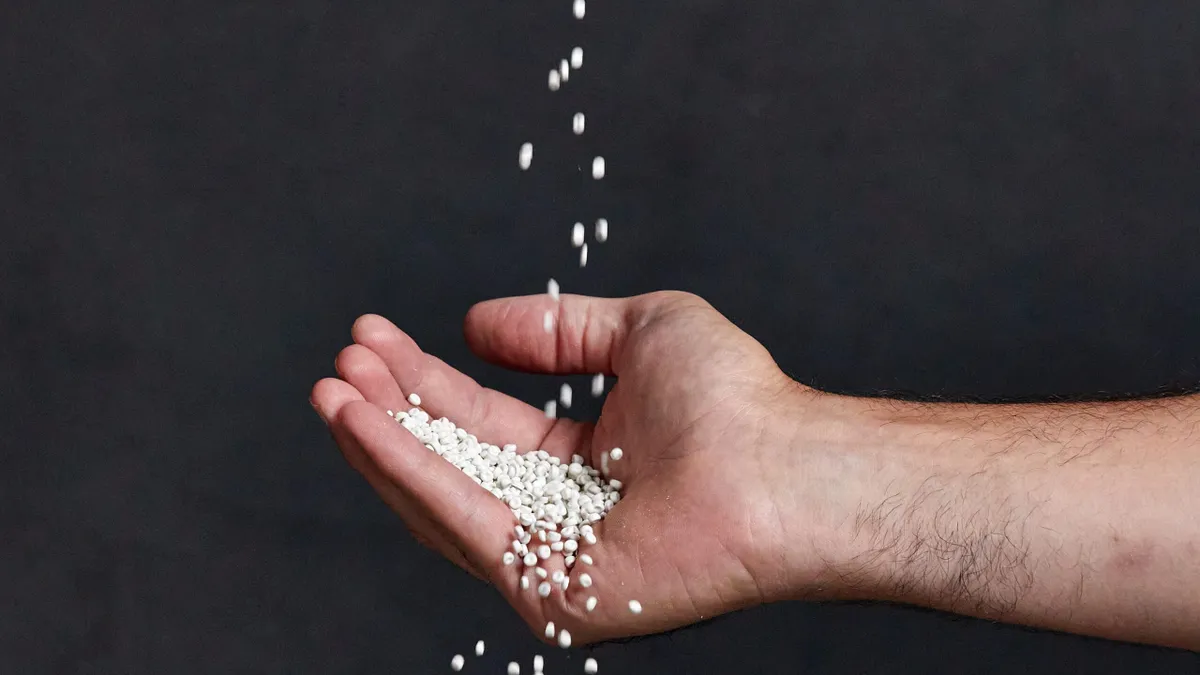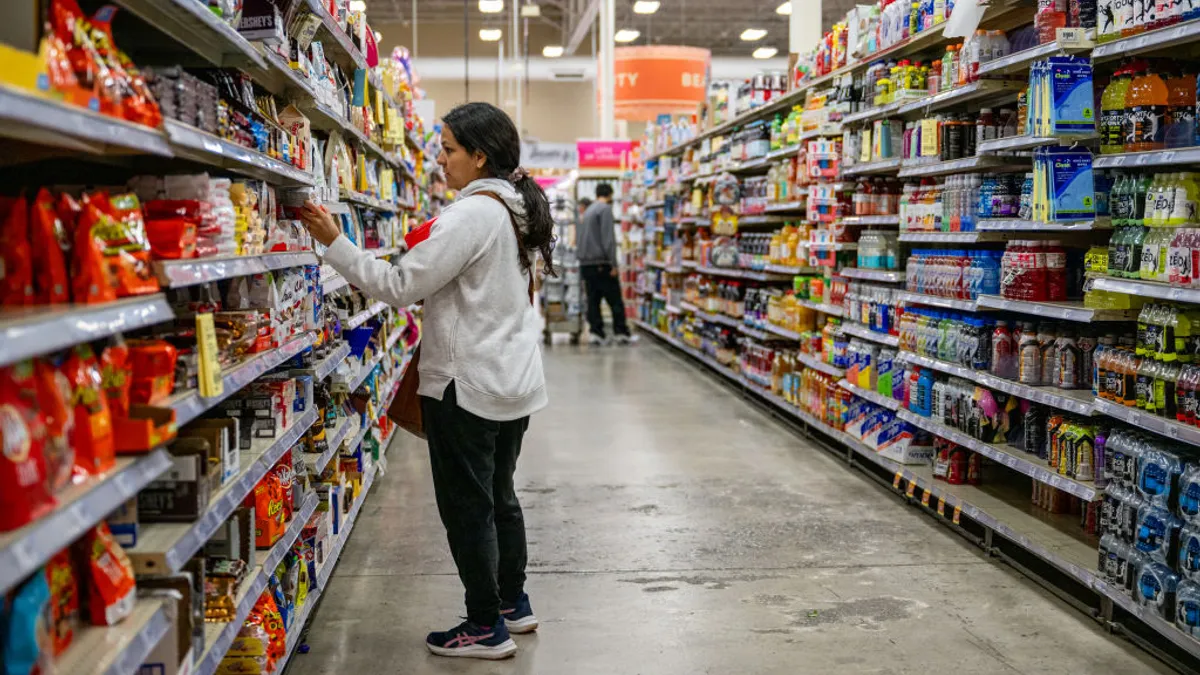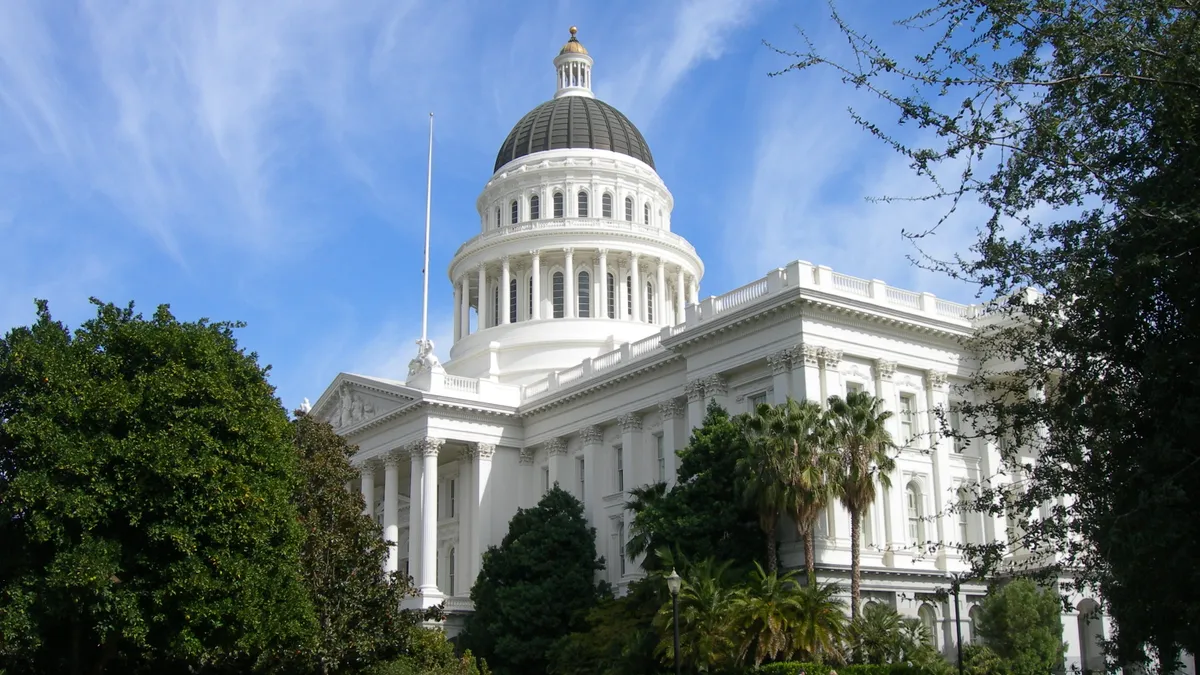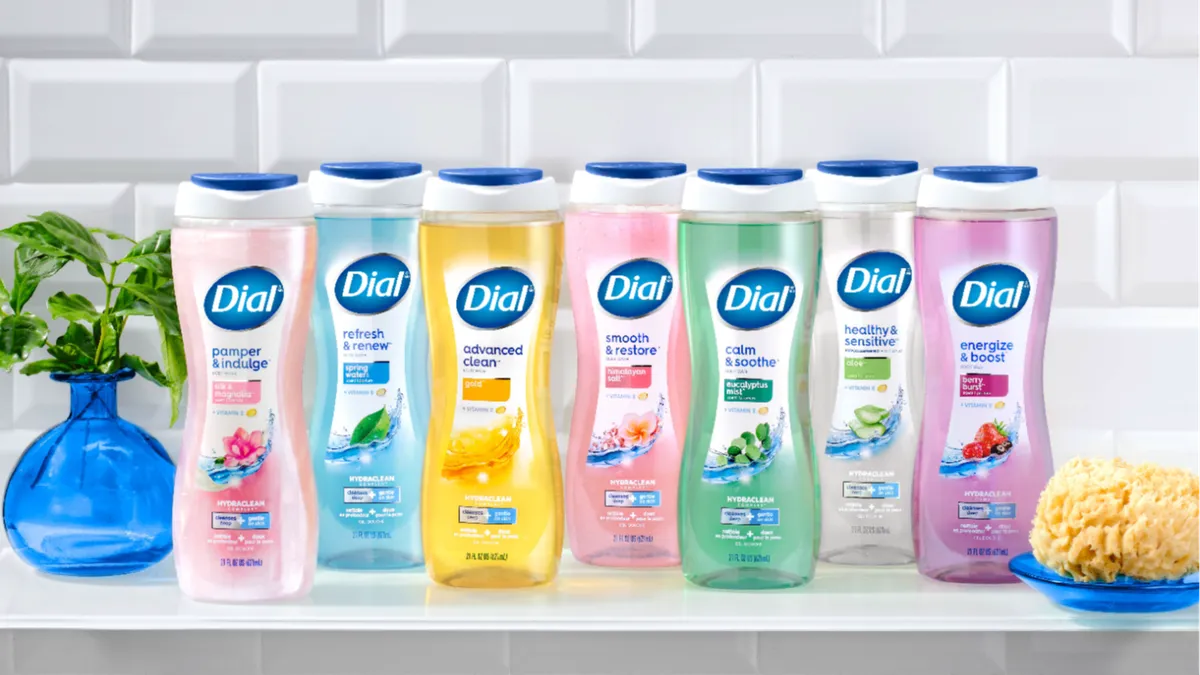With another season of shareholder meetings in full swing, some advocacy groups and activist shareholders are again seeking changes at consumer goods companies to reduce the amount of plastic in packaging and promote reuse models.
This proxy season, shareholder advocacy nonprofit As You Sow has filed six shareholder resolutions related to consumer packaging with Amazon, Constellation Brands, Kroger, McDonald’s, Restaurant Brands International and Yum Brands. It plans to file another by the end of May and some later this summer for the 2024 season.
ESG investing firm Green Century Funds also filed and withdrew packaging-related proposals after engaging with CPGs Colgate-Palmolive and Keurig Dr Pepper this year. Colgate plans to more thoroughly disclose reuse pilots, publish a reuse/refill baseline assessment and look at accelerating the creation of 2030 plastic reduction targets. Similarly, Keurig plans to publish a reuse/refill baseline and launch certain new reuse and refill pilots by 2024.
In recent years, As You Sow’s resolutions in this realm have centered on packaging’s end of life, replacing disposables with reusables or using less plastic overall, explained Kelly McBee, circular economy senior coordinator at As You Sow. That’s a shift from the group’s previous work that focused more on packaging recyclability. As You Sow was emboldened by momentum at The Coca-Cola Co. and PepsiCo, including a 2022 commitment from Coca-Cola to sell 25% of its beverages in refillables by 2030.
“We've been filing these resolutions with companies as the science around the plastic pollution crisis has really become more robust, and it's become very clear that we will not be able to recycle our way out,” said McBee. “With this new science and data, we realized that's just not enough. Companies need to be just using less.”
When it comes to reusable packaging, some brands have conducted pilots or made changes in European countries as required. But that hasn’t always translated to more permanent commitments or an extension of those changes to the U.S. market, she said.
One of this year’s resolutions targeted action at the world’s largest fast food chain. As You Sow reached an agreement with McDonald’s earlier this spring after asking the company to describe how it “will reduce its plastics use by shifting away from single-use packaging,” and it withdrew the proposal before it went to a vote. McDonald’s reportedly committed to publishing a “comprehensive study” in early 2024 on the risks and opportunities associated with a potential switch to reusable packaging, including impacts to single-use plastic packaging and the environment.
McDonald’s has been outspoken in Europe, campaigning against an EU proposal for 100% reusable packaging in quick-service restaurants. “So in our conversations with them, we were able to talk about ... where can McDonald's find that middle ground?” McBee said.
As You Sow’s other packaging proposals, which contain overlapping language, remain outstanding. The organization is taking the same approach with Yum Brands and Restaurant Brands International, McBee said, hoping they match McDonald’s with a commitment to investigate reusables. Its proposals at Amazon and Kroger are “essentially refiled from last season,” she said. Below is a breakdown of the resolutions As You Sow is backing.
Yum Brands (shareholder meeting May 18)
The resolution acknowledges that Yum — the fast-food corporation behind KFC, Pizza Hut, Taco Bell and more — has a goal to reduce virgin plastic and has some reusables pilots, but it wants it to push toward reducing overall plastic use and permanently shifting away from single-use packaging and toward reusables. It highlights Starbucks, Coca-Cola and PepsiCo as having gone further with reusables goals and commitments.
The resolution notes Yum does not report the number of packaging items it distributes, and it calls on the Yum Brands board of directors to issue a report describing how the company will reduce plastics use by shifting away from single-use packaging.
Yum Brands recommended in its proxy statement that shareholders reject the proposal, saying it would “divert time and resources that the company has determined would be better used to support our global citizenship and sustainability strategy and the execution of existing goals and commitments.” Those include a July 2022 harmonized packaging policy, which discussed eliminating unnecessary plastics and lowering virgin plastic use, increasing recycled content, removing added PFAS and boosting waste diversion.
Restaurant Brands International (shareholder meeting May 23)
In line with the asks at McDonald’s and Yum, this proposal calls for the board of Restaurant Brands International — the owner of Burger King, Tim Hortons, Popeyes and Firehouse Subs — to issue a report describing how the company could reduce its plastics use. RBI recommended in its proxy statement that shareholders vote against the proposal, saying “we believe we are already providing the type of information requested and do not agree with the shareholder proposal that additional funds be spent on a standalone report to achieve these objectives.”
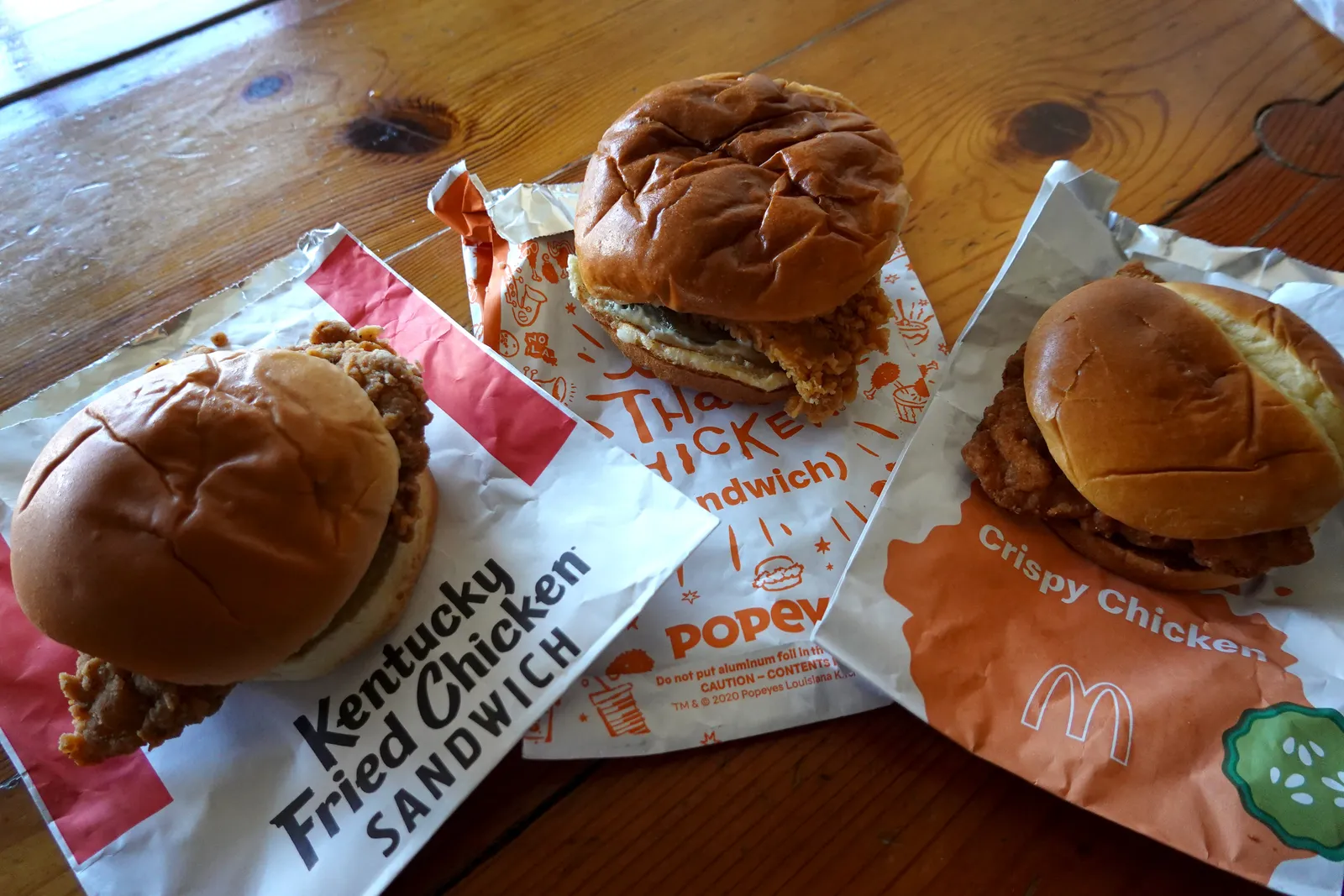
Amazon (shareholder meeting May 24)
The resolution takes aim at what it describes as Amazon’s lack of recyclability and transparency with plastic packaging, particularly noting issues with flexible packaging. It states Amazon has fallen behind corporations like Target, Walmart and Unilever in pursuing virgin plastic use reductions.
“Amazon does not disclose how much plastic packaging it uses but is believed to be one of the largest corporate users of flexible plastic packaging which cannot be effectively recycled,” the resolution states. It cites a December 2021 Oceana report that estimated Amazon generated nearly 300,000 tons of plastic packaging waste in 2020.
The resolution asks Amazon to quantify the weight of its total plastic packaging use. As with filings at other companies, the resolution also calls for a report to assess risks with continuing to use “substantial plastic packaging” and to cover planned reductions or transitions to reusables.
Amazon recommended in its proxy statement that shareholders vote against the proposal. The company said that, “In contrast to consumer-packaged goods companies, Amazon’s greatest impact comes from helping other manufacturers reduce their use of plastic in packaging and reducing our own use of plastic for products repackaged for delivery.” The company said that where plastic packaging is still used, it contains less material and more recycled content. It said it has reduced the weight of packaging per shipment by 38% since 2015, and in 2021 it replaced nearly 70% of mixed paper/plastic mailers with a recyclable paper padded mailer, with plans to entirely phase out the mixed mailer.
The vote on last year’s shareholder proposal requesting a report on packaging materials was fairly close, with over 181 million votes supporting the proposal (versus more than 189 million against).
Constellation Brands (shareholder meeting date pending)
The resolution states that Constellation, the company behind beverage brands like Corona and Modelo beers and Svedka vodka, has said “it is committed to emissions reductions, yet has taken virtually no action to ensure the circularity of its product packaging.”
The resolution also says competitors like Molson Coors and Heineken have made voluntary contributions to expand recycling infrastructure, but Constellation “is not known to voluntarily contribute financial resources to help ensure its packaging never becomes waste.” As with other filings, the resolution also notes potential costs the company could face from extended producer responsibility laws in the EU and the four U.S. states with such laws.
The resolution ultimately calls for the Constellation Brands board of directors to issue a report describing opportunities for the company to support a circular economy for packaging. Constellation has not yet filed a proxy statement in 2023 with the U.S. Securities and Exchange Commission.
Constellation recently shared some updated circular packaging goals. By fiscal year 2025, the company is targeting that 80% of wine and spirits packaging be returnable, recyclable or renewable; that plastic in certain ring carriers for beer be replaced with recyclable paperboard; and that its ratio of packaging weight to liquid wine and spirits weight be reduced by 10%.
Kroger (shareholder meeting date pending)
The resolution calls for the Kroger Board to issue a report describing how the supermarket chain could reduce its plastics use in alignment with certain findings of Pew Charitable Trusts’ “Breaking the Plastic Wave” report published in 2020. That report concluded that at least one-third of overall plastic use must be eliminated to stem the global plastic pollution crisis. Kroger has yet to file a proxy statement in 2023. Last year’s packaging proposal was outvoted by a large margin (more than 352 million votes against, versus over 219 million in favor.)



